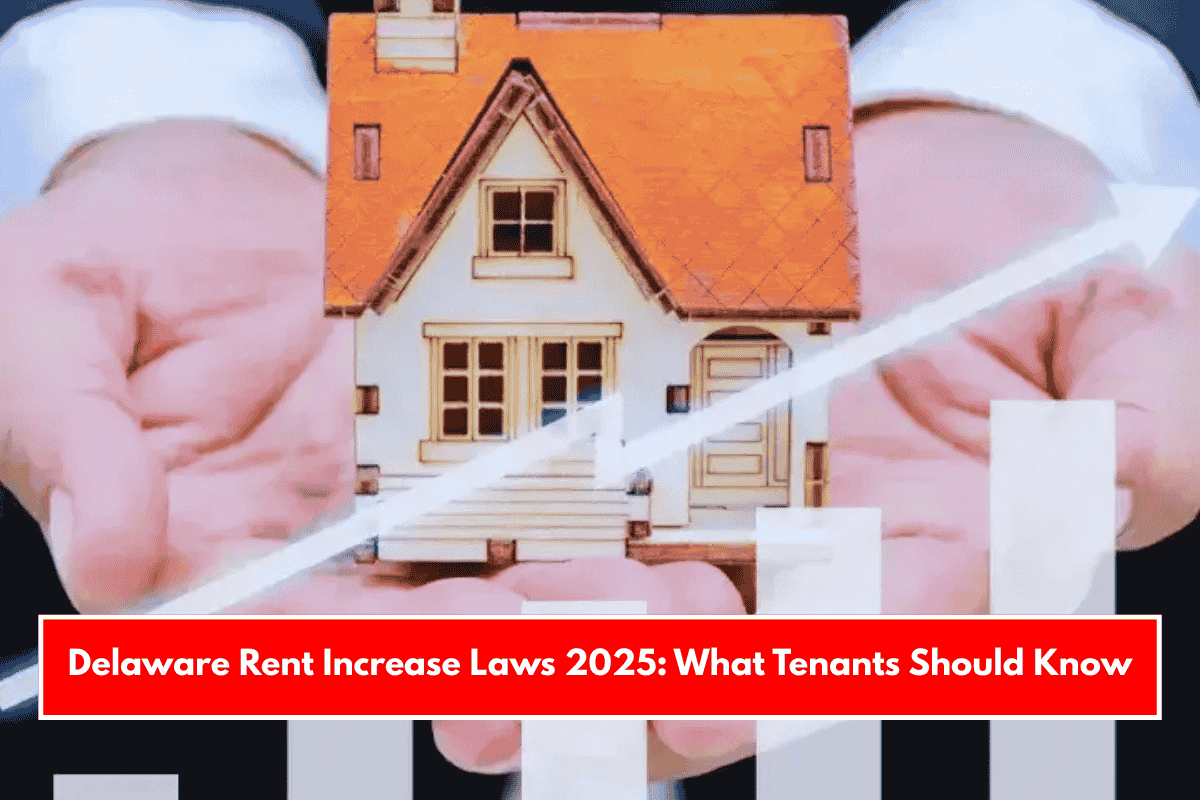Delaware’s rental market is undergoing significant scrutiny and potential change in 2025. While the state historically lacked rent control, recent legislative efforts and local proposals signal a shift toward stronger tenant protections. Here’s what tenants should know about rent increase laws in Delaware for 2025.
Current Statewide Rent Increase Laws
- No Statewide Rent Control: Delaware does not have a statewide rent control law that caps the amount or frequency of rent increases. Landlords can raise rent by any amount as long as they follow proper notice procedures.
- Notice Requirements:
- For most residential leases, landlords must provide at least 60 days’ written notice before increasing the rent.
- For mobile or manufactured home communities, the notice period is 90 days.
- Frequency: Rent can only be increased once per year, typically at the end of a lease term. Increases during the lease term are not allowed unless explicitly stated in the lease agreement.
- No Cap on Increase Amount: There is currently no legal cap on how much rent can be increased, unless local ordinances or special programs apply.
Tenant Rights and Protections
- Right to Notice: Tenants must receive written notice of any rent increase 60 days before the end of their lease or, for mobile homes, 90 days in advance.
- Protection Against Retaliation: It is illegal for landlords to raise rent in retaliation for tenants exercising their legal rights, such as requesting repairs or filing complaints.
- Protection Against Discrimination: Rent increases cannot be used as a tool for discrimination based on race, gender, disability, or other protected characteristics under the Fair Housing Act.
- Challenging Unlawful Increases: If a rent increase is issued without proper notice, is retaliatory, or is discriminatory, tenants can challenge it through legal channels or local housing authorities.
Recent and Proposed Legislative Changes
- Statewide Cap Proposal (HB 455): A bill introduced in the Delaware General Assembly (House Bill 455) proposes statewide limits on rent increases for residential agreements renewed from January 1, 2025, through December 31, 2034. Key points include:
- General Cap: Rent increases would be limited to 5% over the previous rent unless justified by the Consumer Price Index (CPI).
- Higher CPI Exception: If the 36-month CPI-U exceeds 5%, landlords could increase rent by the CPI-U, up to a maximum of 7%.
- Exemptions: The cap would not apply to duplexes where the owner occupies one unit, income-based HUD rentals, or properties under the Low-Income Housing Tax Credit program.
- Status: As of May 2025, this bill is under consideration and not yet law. Tenants should watch for updates as the legislative session progresses.
- Local Efforts in Wilmington: Wilmington’s city council is considering a bill that would cap rent increases at 3% per year for private rentals. The measure faces political debate and has not yet become law.
Special Cases: Manufactured Homes and Midterm Rentals
- Manufactured Home Communities: Tenants in these communities have additional protections, including the right to challenge excessive increases through a Rent Justification process if the increase appears out of step with market rates or inflation.
- Midterm Rentals (1–6 months): Treated as month-to-month leases under Delaware law, requiring the same 60-day notice for any rent increase.
Delaware Rent Increase Laws (2025)
| Lease Type | Notice Period | Cap on Increase | Frequency | Special Protections |
|---|---|---|---|---|
| Standard Residential Lease | 60 days | None (unless new law) | Once per year | No retaliation/discrimination |
| Manufactured Home Community | 90 days | None (unless new law) | Once per year | Rent Justification process |
| Wilmington (if new bill passes) | TBD | 3% per year | Once per year | Pending local ordinance |
What Tenants Should Do
- Stay Informed: Monitor state legislative updates and local council decisions, especially regarding HB 455 and Wilmington’s proposed ordinance.
- Review Lease Agreements: Ensure your lease specifies when and how rent can be increased.
- Document Notices: Keep records of all communications regarding rent increases.
- Know Your Rights: If you suspect an illegal or retaliatory increase, seek assistance from local housing authorities or legal aid organizations.
For 2025, Delaware tenants should expect the current framework—no statewide rent control, but strict notice requirements and protections against retaliation and discrimination—to remain in place unless pending legislation is enacted. Local changes, such as Wilmington’s proposed cap, could bring additional protections. Staying informed and proactive is the best way for tenants to safeguard their housing stability.
Sources:
- https://www.steadily.com/blog/rent-increase-laws-regulations-delaware
- https://www.steadily.com/blog/how-much-can-a-landlord-raise-rent-in-delaware
- https://www.steadily.com/blog/mid-term-rental-laws-regulations-delaware
- https://www.hemlane.com/resources/delaware-rent-control-laws/
- https://spotlightdelaware.org/2025/05/21/wilmington-rent-bill-faces-pushback-from-carney-and-meyer-administrations/













